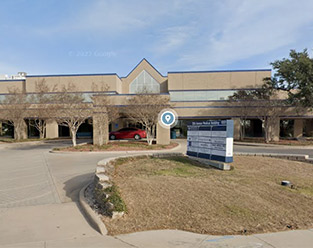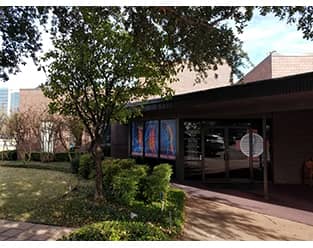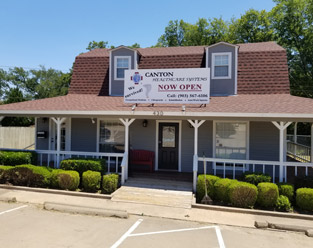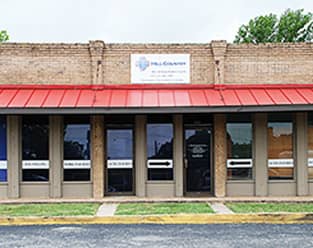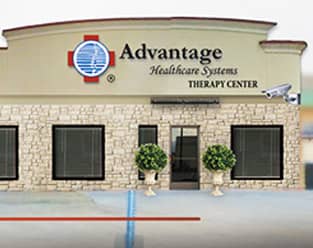What Works and What Doesn’t Work
 There’s fairly conclusive evidence now that many contact sports put players at risk of concussion injury, and it’s not just at the professional level. In fact, one study found that youngsters in Pop Warner football (ages 11-15) generated as much G-force during a hit (sometimes exceeding 80 G’s) as college football players. With America’s passion for football, it’s extremely unlikely that health officials will seek to ban the sport in the interests of safety and public health. But what can be done?
There’s fairly conclusive evidence now that many contact sports put players at risk of concussion injury, and it’s not just at the professional level. In fact, one study found that youngsters in Pop Warner football (ages 11-15) generated as much G-force during a hit (sometimes exceeding 80 G’s) as college football players. With America’s passion for football, it’s extremely unlikely that health officials will seek to ban the sport in the interests of safety and public health. But what can be done?
A blue-ribbon panel of worldwide experts has concluded that concussions in sports can be prevented! The panel considered more than 13,000 studies of sports-related concussions, using 48 for the basis of their findings. They acknowledge that the options are limited, but say it can be done. Here are some of their findings:
- The benefits of protective gear—On the strength of 24 studies, the panel concluded that helmets can be effective in avoiding brain bleeds and skull fractures, but less likely to prevent concussions. The studies did show a greater likelihood of concussion in athletes whose helmets did not fit properly (typically were too large). Nonetheless, the panel stressed that there is "no concussion-proof helmet." Face shields did not appear to limit the risk of concussion, but there was some evidence that they protected against more serious concussions
- Rules or policy changes—The panel found this to be the most effective approach. Some specific rule changes that led to documented reductions in concussions included moving the kickoff in football closer to the receiving team. An Ivy League study found a significant reduction in kickoff related concussions after moving the kickoff from the 35 yard line to the 40 yard line. The panel also cited a National Hockey League zero-tolerance policy for head contact as significantly reducing concussion injuries in professional hockey.
Contact Us to Set Up an Appointment
Today’s the day to do something about your pain! Call Advantage Healthcare Systems toll-free at 1-877-487-8289 or fill out the form provided below to schedule an assessment. We offer locations across Texas, including Fort Worth, Dallas and San Antonio.

